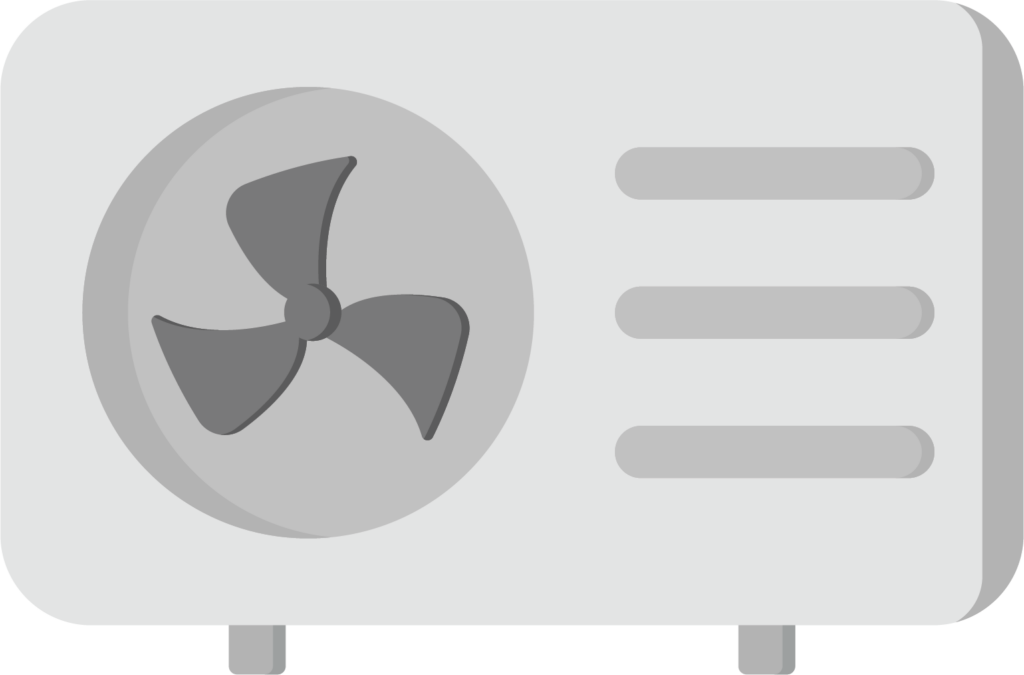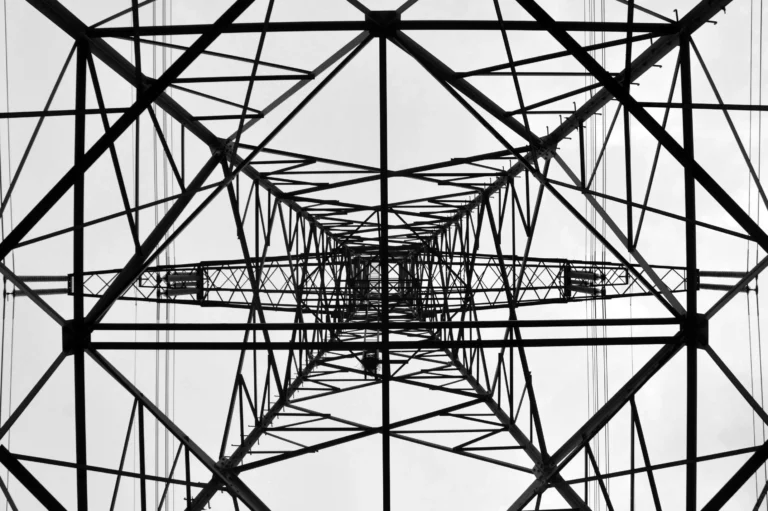MyHEAT
201-1228 Kensington Rd NW
Calgary, AB T2N 3P7
Canada
How Do Heat Pumps Work?
The most common type of heat pump in North America is an air-source heat pump. In the summer, an air-source heat pump works just like a regular AC: it takes warm air from inside your home and moves it outside. But in the winter, a heat pump works like an AC in reverse.
What are Heat Pumps?
A heat pump is a type of device that transfers heat from one location to another using a refrigeration system. Despite it’s name, it can be used for both heating and cooling and is generally more energy efficient than traditional heating and cooling systems.

How Does a Heat Pump Work?
Heat pumps work by transferring heat from one place to another. They are powered by electricity and use a system of pipes and fans to move heat from one place to another. Heat pumps can be used to both heat and cool a space, depending on the season. In the summer, the heat pump will move heat from inside the house to the outside, keeping it cool. In the winter, the heat pump will move heat from the outside to the inside, keeping it warm.
Types of Heat Pumps
There are 3 main types of heat pumps: air-source, ground-source and water-source. The most common type of heat pump in North America is an air-source heat pump.
1. Air-source heat pumps
An air-source heat pump is a type of heat pump that uses the air as its source of energy. It works by transferring heat from the air outside the house to the interior of the home, providing a more efficient and cost-effective way of cooling and heating. Air-source heat pumps are more efficient than traditional heating and cooling systems, as they use the outside air to provide heating and cooling. They are also much cheaper to install than ground-source heat pumps, making them a popular choice for homeowners.
2. Ground-source heat pumps
Ground-source heat pumps use the earth, ground water, or both as the source of heat in the cooler months, and removes heat from the home in warmer months. It works by using a system of pipes that are buried in the ground and filled with a special fluid. This fluid absorbs heat from the ground and is then pumped into the house, providing a more efficient and cost-effective way of cooling and heating. Ground-source heat pumps are more efficient than air-source heat pumps, as the ground temperature is more stable, making it easier to maintain a consistent temperature. Additionally, ground-source heat pumps require less energy to operate, making them more cost-effective in the long run.
3. Water-source heat pumps
Water-source heat pumps, also known as aquathermal pumps, are a type of heat pump that use water as the heat source or heat sink. They are similar to air-source and ground-source heat pumps, in that they use energy-efficient technology to provide heating and cooling, but the difference is that instead of using air or ground, they use water. Water-source heat pumps are more efficient than air and ground-source heat pumps, as the water temperature is more stable, which makes it easier to maintain a consistent temperature. Additionally, water-source heat pumps can be used to both heat and cool, whereas air and ground-source heat pumps can only heat.
Can You Use A Heat Pump in The Winter?
Yes, heat pumps can even be used in the winter. You may be wondering, “How can heat pumps warm a home in the winter, if they absorb heat from the cold outdoors?” Heat pumps have something called a ‘reversing valve’, which will change the direction of refrigerant flow in the system, depending on what the thermostat inside the home is calling for.
Read more about how homes lose heat.
Are Heat Pumps Energy Efficient?
Yes, the major benefit of using a heat pump is the high efficiency it can provide in heating compared to typical systems like furnaces, boilers and electric baseboards. This efficiency can translate into significant energy use reductions. Actual savings in a home will depend on a number of factors, including local climate, efficiency of current systems as well as the size and type of heat pump. A ground-source heat pump can be 3X more efficient than traditional boilers.
This efficiency can translate into significant energy use reductions. Actual savings in a home will depend on a number of factors, including local climate, efficiency of current systems as well as the size and type of heat pump.
Read more about spring cleaning energy saving tips.
Why Are Heat Pumps Popular Now?
Heat pumps have become increasingly popular in recent years due to their energy efficiency and cost-effectiveness. Heat pumps can provide both heating and cooling, reducing the need for multiple systems, and they use much less energy than traditional heating and cooling systems. Additionally, heat pumps are easy to install and maintain and can be used in a variety of settings, from residential homes to commercial buildings. Heat pumps are also a great choice for those looking to reduce their environmental impact, as they are powered by renewable energy sources like solar and wind. With all of these benefits, it is no wonder that heat pumps have become so popular.
The drive to incentivize electrification across North America is expected to further boost heat pump installations, and adoption of heat pumps in Europe are at an all-time high.
For more info on Heat Pumps in Canada, visit Natural Resource Canada (NRCAN).
How to Create More Awareness About Heat Pump Programs
MyHEAT’s unique Heat Loss Maps was used by Saint John Energy (SJE) in New Brunswick, Canada, to create awareness of their new heat pump rental program. The personalized and engaging nature of MyHEAT’s thermal imagery engaged Saint John residents on the topic of energy efficiency, and led to a 30% increase in traffic to SJE’s heat pump rental program page.


